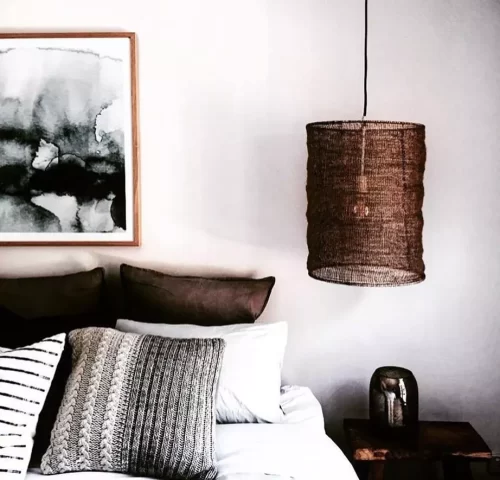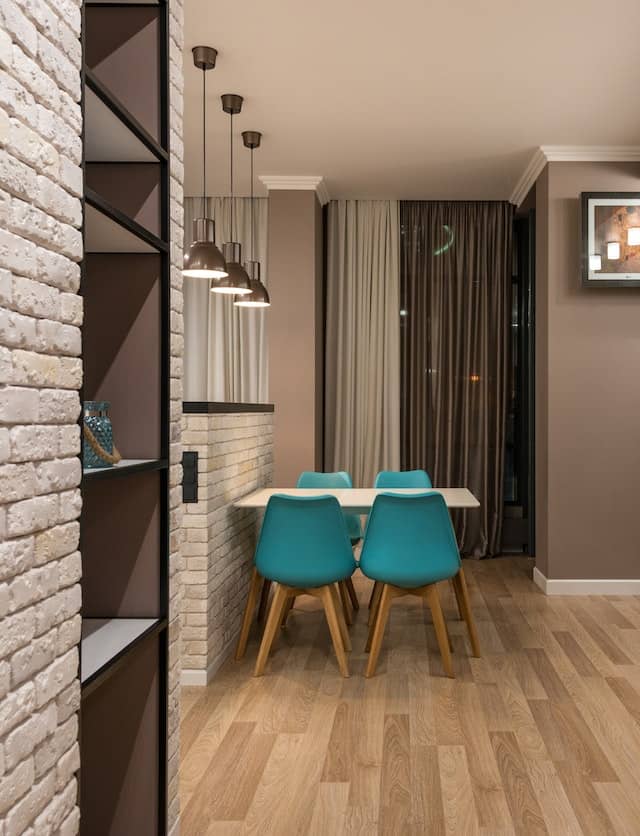

In different times of life, people need different things from their homes. Over the course of your lifetime, the amount of square footage you need can change, your budget can increase or decrease, and your preferred location might change. But at some point, most people downsize.
What does downsizing mean in real estate?
Downsizing refers to moving from a larger home into something more manageable. That can mean a home with less square footage, a home with less land to take care of or a home with fewer bedrooms.
Downsizing is most common in the demographic known as empty nesters — people who are still living in the home where they raised their kids, but whose kids are grown. With no need for big yards, multiple bedrooms and proximity to schools, these homeowners often transition to a home that better reflects what they want out of the next phase of life.
Benefits of downsizing your home
Whether you’re retiring, you’re a recent empty nester, or you have another reason to consider moving, you may be asking yourself, “Should I downsize my house?” Here are a few key benefits of downsizing.
Downsizing a house to save money or time
- To fund retirement: Downsizing either because you’re planning on retiring soon or because you have already retired is common. According to housing trends reports, of sellers who experienced a life event in the past 12 months, 51 percent said retiring was the most influential factor in their decision to move. A lower monthly mortgage payment allows you to put more money into your retirement accounts. Or, depending on how long you’ve lived in your home, you may be able to sell your home with enough equity to buy a smaller home in cash, meaning you can go into retirement mortgage-free.
- To get out of debt: If you’re trying to get out of debt and have a decent amount of equity in your home, you may be able to sell, pay off your debt, and use your remaining equity as a down payment on a smaller home.
An important note: Keep capital gains taxes in mind. The first $250,000 (if you’re a single filer) or $500,000 (married filing jointly) of profit you make on your house is exempt from capital gains taxes. But if you’ve lived in your home for many years, and/or if you live in an expensive real estate market and expect to make more than that, you’ll want to factor in the taxes you’ll have to pay.
Downsizing a home to better suit your lifestyle
- Less maintenance: If you move from a single-family home into a condo or townhouse, you’ll minimize yard work, maintenance and cleaning time, giving you more free time.
- Move closer to family: If you have kids or grandkids that live far away, relocating while downsizing can cut down on the travel time required to visit the people you care about. And if your grown kids are sad about you selling the family home, delivering the news can be a bit easier if you tell them you’re moving to be closer to them!
- Be closer to the things you want to do: People’s priorities, interests and social circles change over time, and downsizing can make it possible for you to be closer to the activities you want to do. For example, you might move to a golf-course community or closer to the ocean if you love spending time at the beach.
- Focus on future needs: If you’re concerned about mobility in future years, it may make sense to move from a large two-story home to a smaller ranch-style home without stairs. Or, if you’re definitely done with fixer-uppers, you can give yourself a break by moving into a brand-new home.
Helpful downsizing tips
Despite all the benefits, the actual process of downsizing is stressful, both in terms of the actual to-do list and the emotional impact. Here are a few tips for getting started.
When should you downsize your home?
The first step is determining when to downsize, and both finances and your lifestyle factor into the decision. Here are a few indicators it might be the right time.
- The market conditions are good: Ideally, you want to sell in a sellers market, then move to a buyers market — that’s how you’ll pocket the most money.
- It’s peak selling season: Determine the best time of year to sell in your real estate market (hint: it has a lot to do with the weather, and in San Diego, the best time is pretty much when you’re ready!).
- You need the equity: People often decide to sell to access some of the equity they have in their home, perhaps to help fund a child’s or grandchild’s college education or to pay medical expenses.
- Your mortgage is unaffordable: If your monthly mortgage payment feels too expensive based on your current income, it’s better to downsize sooner rather than later.
- Your lifestyle no longer requires a large space: If you no longer need extra bedrooms, a large yard for pets or a big home office, why waste more time in a space that doesn’t suit the way you live?
How to downsize your belongings
If you’re downsizing your home, you’ll probably also minimize the amount of stuff you bring with you. Focus on keeping what’s necessary and purging what you won’t need in your new home.
- Start early: Don’t underestimate how much stuff you have, and don’t wait until packing time to start purging. Take inventory of how much stuff is tucked away in the attic or garage, and give grown children enough notice so they can pick up any of their childhood belongings. By starting early, you won’t run out of time and have to take extra stuff with you to the new home.
- Stay organized: Make an inventory list (this can also be helpful if you’re hiring movers). Create three piles — keep, donate or sell — and be decisive! Don’t create a “maybe” pile. Once you’ve gotten rid of all the excess, put everything you’re keeping in labeled boxes, ready for the new home.
- Prioritize: Have you used it in the last year? If not, then get rid of it, unless it holds sentimental value. If you don’t have room in your new home for keepsakes or heirlooms, consider passing them on to other family members.
- Measure the new home: You might find floor plans online, or you can have your agent request access to measure the home you’re buying (or the buyer’s agent may do it for you).
- Start with furniture: Furniture takes up the most space and is the costliest to move, so take a hard look at the layout of the home you’re moving into and only bring enough furniture to fill the space. For example, if you are moving from a 3-bedroom to a 2-bedroom home, only bring two bedroom sets and make sure they’ll fit in the bedrooms.
- Consider your lifestyle: If you’re making a significant lifestyle shift, there’s likely lots of stuff you no longer need. Moving to Florida? You probably don’t need your ski gear. Moving into a condo? Say goodbye to your lawnmower. Don’t keep things “just in case.”
- Digitize everything: Convert all photos, CDs and DVDs into digital formats and save them on the cloud for easy access. If you don’t have the time or know-how to do it on your own, there are services that will do it for you.
What to purge
- Expired medicine
- Ill-fitting clothes
- Broken items or anything with missing parts
- Unused kitchen appliances (if you haven’t used it yet, you’re unlikely to)
- Oversized furniture that won’t fit in your new home
- Big items that are gathering dust (like unused exercise equipment)
What to keep
- All important documents, including birth certificates, diplomas, social security cards and investment paperwork
- Valuable antiques (unless you’re ready to sell them)
- Full sets of items (keep at least one complete set of silverware, dishes and tools)
- Emergency kit (no matter where you live, keep a toolbox, stepladder, fire extinguisher and first-aid kit)
- At least one formal outfit for a wedding or special event

How to downsize: Selling and buying (again)
Another big hurdle people face when downsizing is figuring out the logistics of selling the old home and buying a new home at the same time. What do you do if you’ve found the perfect new home, but you need the equity from your current home to purchase?
- Make an offer with a home-sale contingency: This is when you make an offer on a new house, but with the caveat that you have to sell your old home before you can close on the new home. It’s also called “making a contingent offer.” This works best in a less competitive market. In a sellers market, a contingent offer makes you less appealing to the seller than other potential buyers.
- Sell first and buy later: To simplify the process, you can sell your home first, move into temporary housing and then start your home search.
- Get a line of credit or a reverse mortgage: Talk to your bank about financial solutions that would allow you to access the equity in your home before the sale closes.
- Dip into your retirement account: Always check with your financial adviser before exploring this option, as there can be taxes and penalties.

